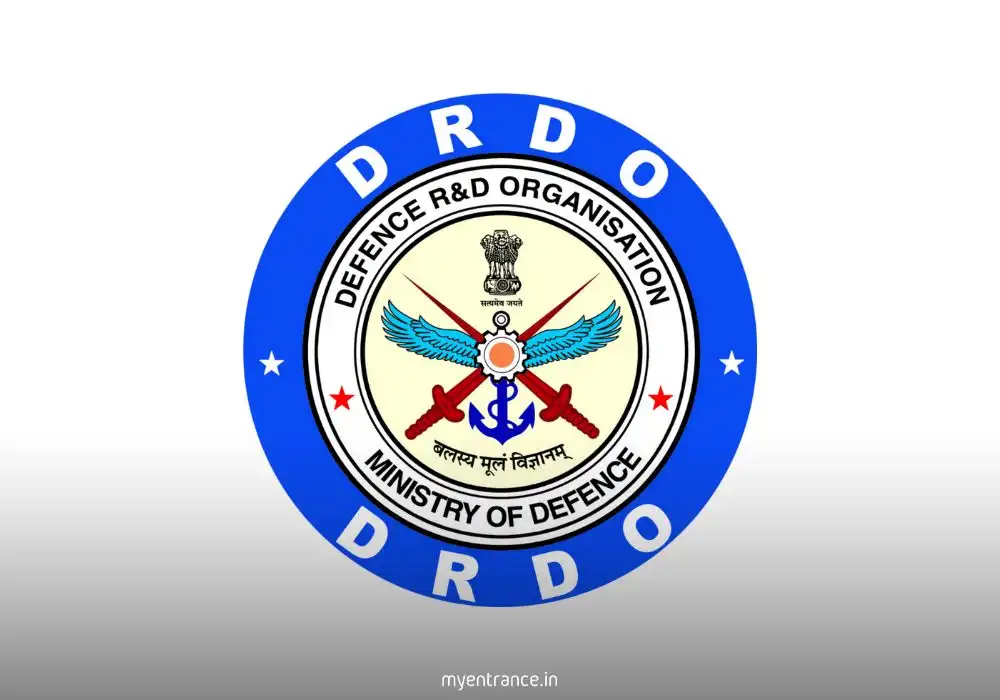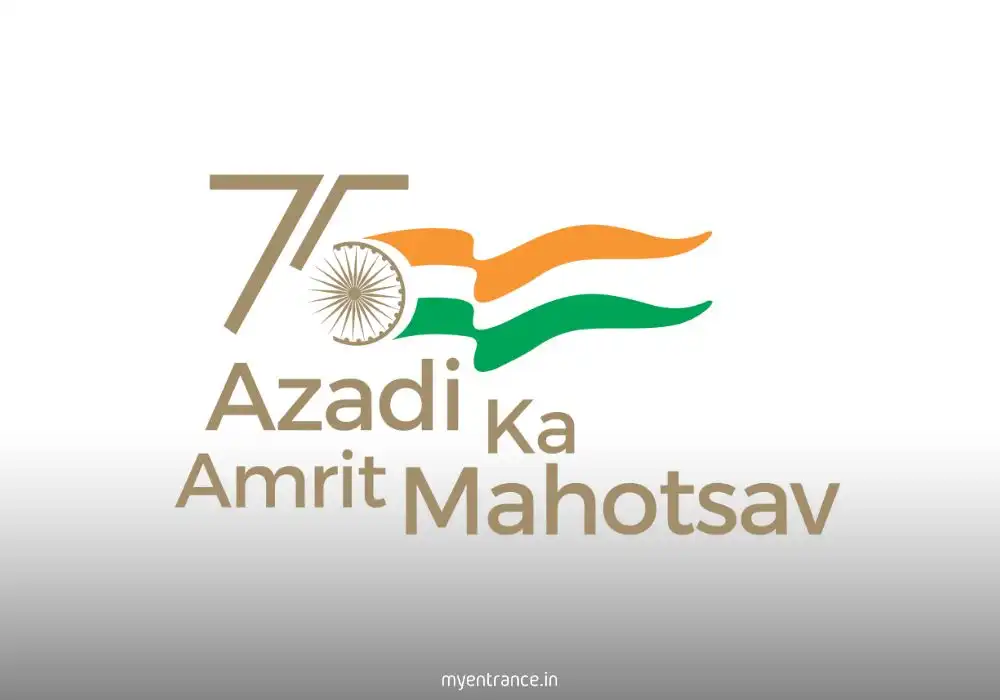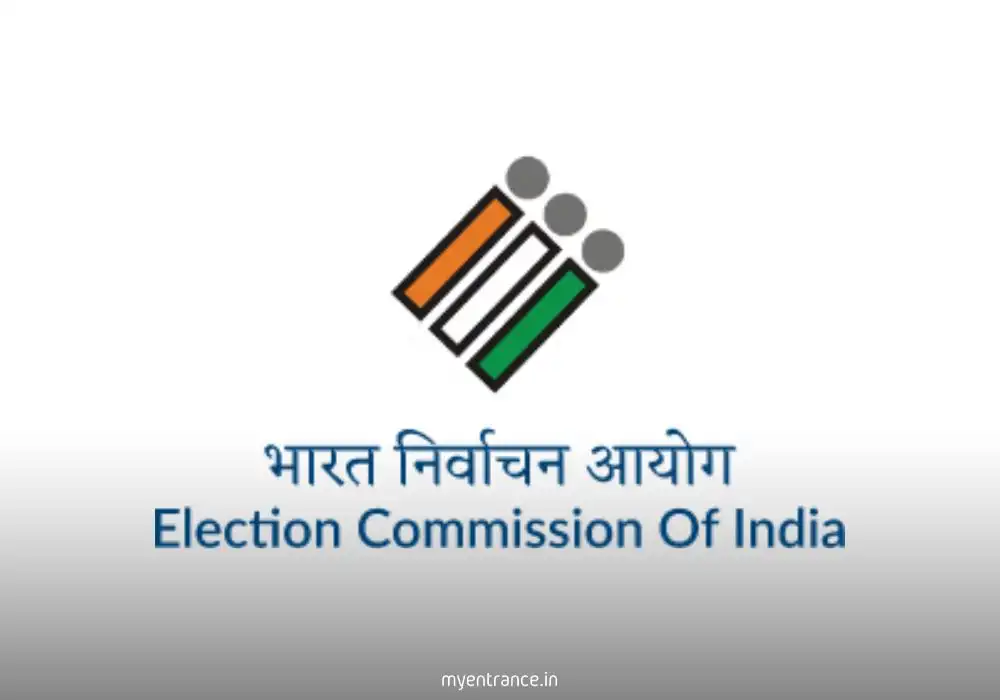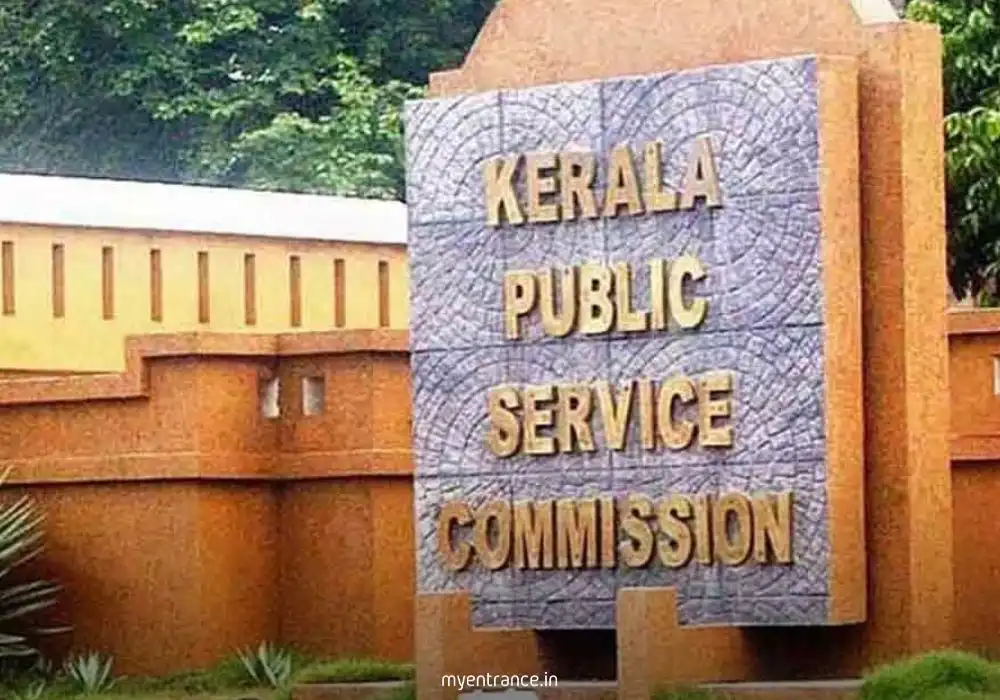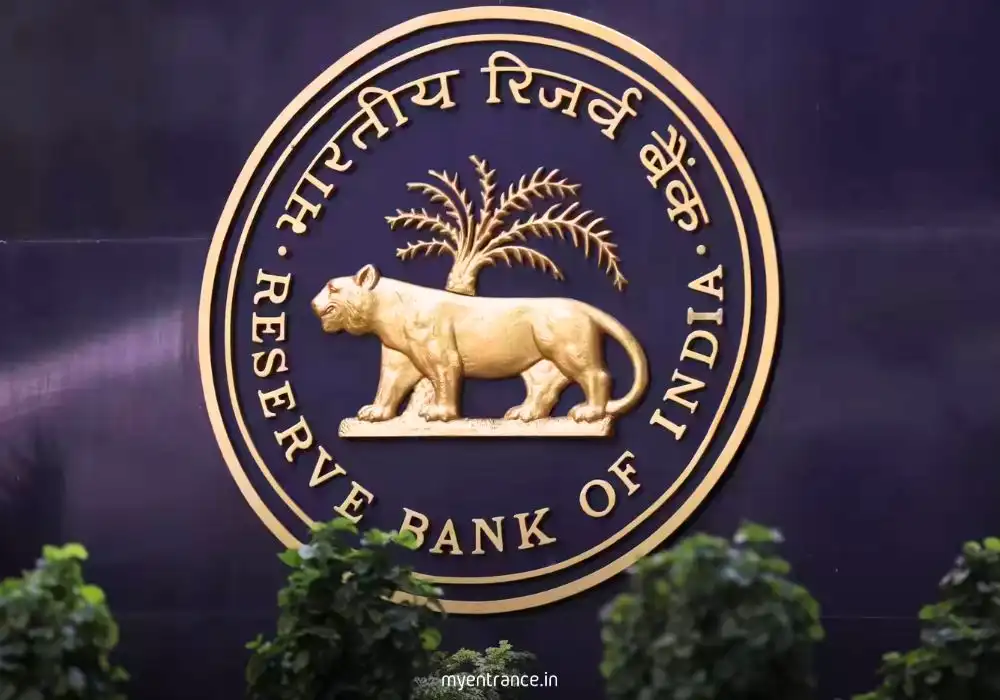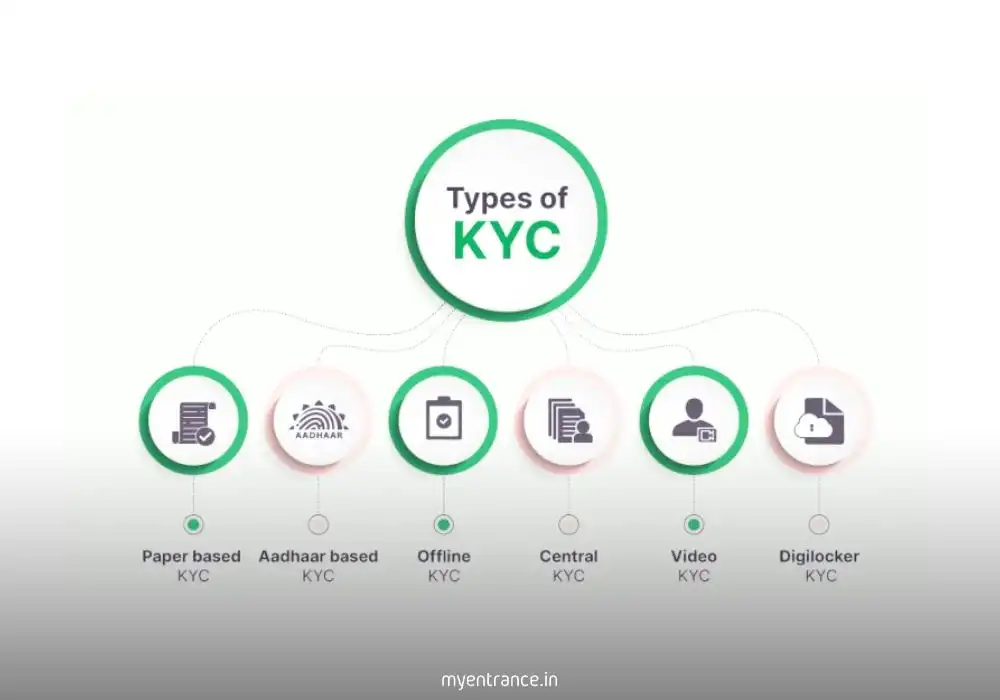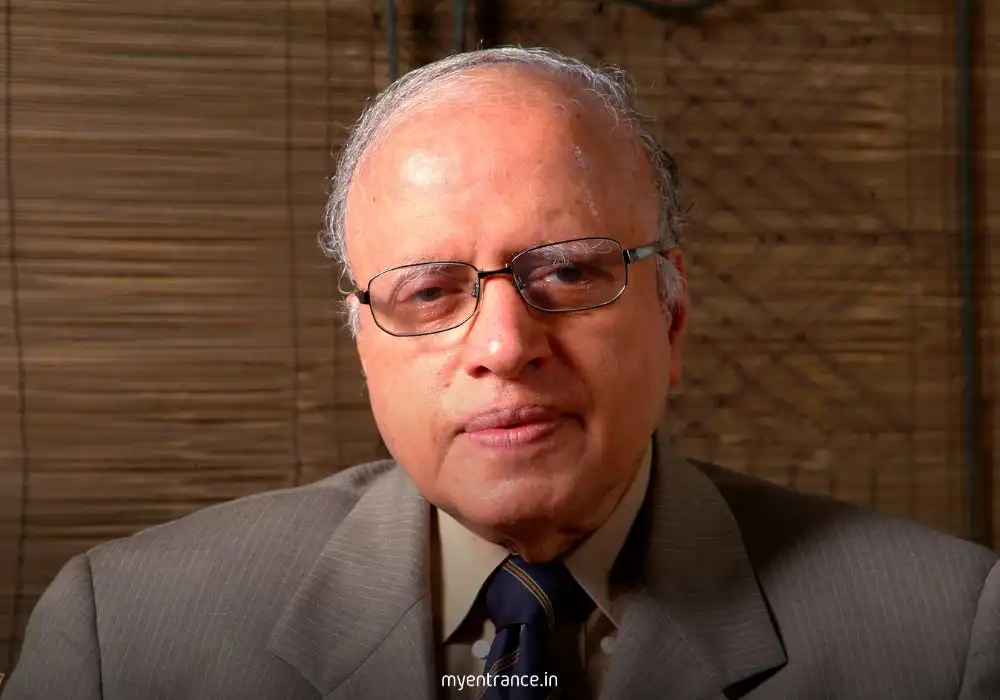Translate Language
UPSC Exam: Complete Guide to India’s Premier Civil Services Examination
The Union Public Service Commission (UPSC) is India’s top recruiting body for civil services, conducting prestigious exams like the IAS, IPS, IFS, and more. Established under Article 315 of the Indian Constitution, UPSC ensures a merit-based, transparent selection process for administrative roles in the government.
If you’re preparing for UPSC, SSC, PSC, or other competitive exams, understanding UPSC’s structure, functions, and exam pattern is crucial. This guide will help you grasp key details about UPSC, its historical background, and its role in shaping India’s bureaucracy.

UPSC – Union Public Service Commission
The UPSC (Union Public Service Commission) is India’s leading central recruitment agency, responsible for selecting candidates for All India Services, Central Services, and Group A & B posts. Headquartered in New Delhi, UPSC operates as an autonomous constitutional body, ensuring fair and unbiased recruitment.
Historical Background of UPSC
The concept of civil services exams in India dates back to the British era (1854), with exams initially held in London.
The first Indian to clear the exam was Satyendranath Tagore (1863).
The Public Service Commission of India was established in 1926, later renamed Federal Public Service Commission (1935) under the Government of India Act.
After independence, it became the UPSC (1950) under Article 315 of the Indian Constitution.
Constitutional Provisions
UPSC functions under Articles 315-323 (Part XIV) of the Constitution:
The President of India appoints the Chairman and members.
Members serve 6 years or until age 65 (whichever is earlier).
Removal is possible only through a Supreme Court inquiry on grounds of misconduct.
Key Functions of UPSC
UPSC conducts exams and advises the government on recruitment policies. Its major responsibilities include:
✔ Conducting Civil Services Examination (CSE) for IAS, IPS, IFS, etc.
✔ Organizing exams like NDA, CDS, IES, CMS, and more.
✔ Advising on promotions, disciplinary actions, and recruitment rules.
✔ Ensuring transparent and merit-based selections for government posts.
UPSC Civil Services Exam (CSE) – Stages & Pattern
The UPSC CSE is conducted in three stages:
Preliminary Exam (Prelims)
Two papers: General Studies (GS) & CSAT (Civil Services Aptitude Test).
Objective-type (MCQs), serves as a screening test.
Main Exam (Mains)
Nine descriptive papers, including Essay, GS (I-IV), and Optional Subjects.
Tests analytical and writing skills.
Personality Test (Interview)
Assesses leadership, communication, and decision-making abilities.
With over a million applicants yearly, UPSC CSE is one of India’s toughest exams, with only a few hundred selected.
Why is UPSC Important for Indian Governance?
Ensures competent, ethical officers lead India’s administration.
Maintains neutrality and professionalism in bureaucracy.
Plays a key role in policy implementation and public service delivery.
Recent Reforms & Transparency
UPSC has adopted digital reforms like:
Online applications & digitized evaluations.
Updated syllabus to match current administrative needs.
Fair & unbiased exam processes.
Sample UPSC Exam Questions & Answers
Q1: When was the UPSC established under the Indian Constitution?
✅ Answer: 26th January 1950.
Q2: What are the three stages of the UPSC Civil Services Exam?
✅ Answer: Prelims, Mains, and Interview.
Q3: Who was the first Indian to clear the civil services exam?
✅ Answer: Satyendranath Tagore (1863).
Q4: Which constitutional articles govern the UPSC?
✅ Answer: Articles 315-323 (Part XIV).
Q5: What is the maximum age limit for UPSC members?
✅ Answer: 65 years.
The UPSC is more than an exam body—it’s a pillar of India’s democracy, ensuring meritocratic and transparent governance. Whether you’re preparing for UPSC, SSC, or PSC, understanding its role and exam structure is key to success.
Get 3 Months Free Access for SSC, PSC, NIFT & NID
Boost your exam prep!
Use offer code WELCOME28 to get 3 months free subscription. Start preparing today!
